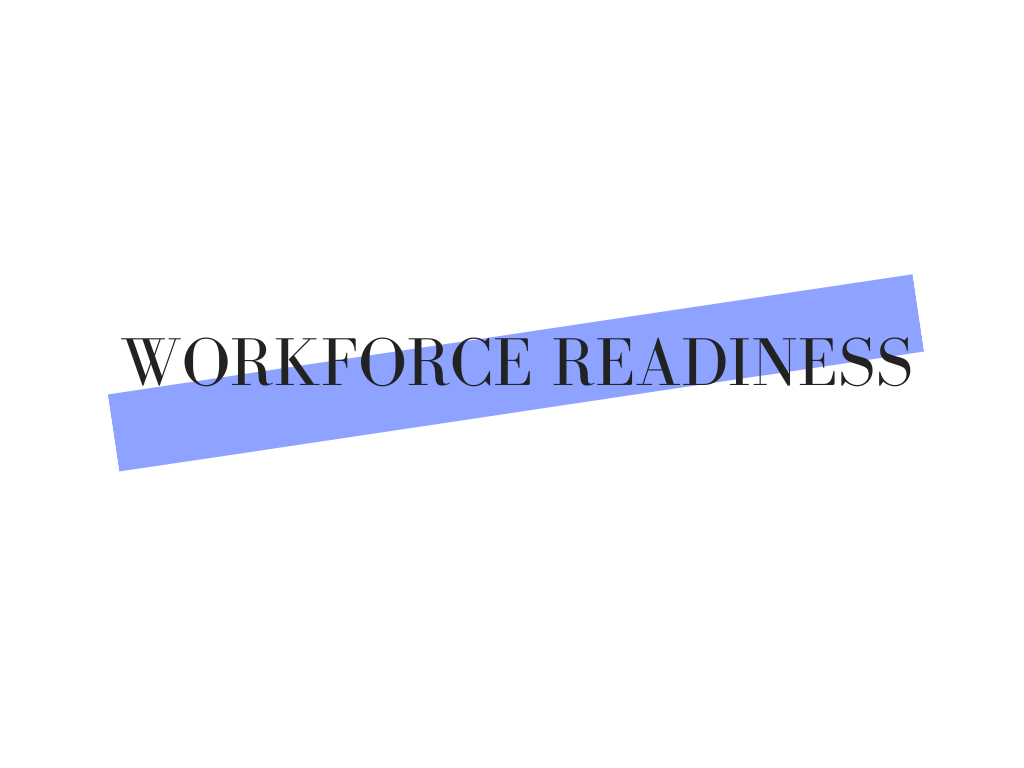|
IntroductionWorkforce readiness can be defined as having new workplace entrants prepared to enter the workforce with the requisite knowledge, skills, abilities and attributes in order to engage in endeavors that will be required in their respective occupations. Partnerships and alliances between educational institutions, governmental entities and employers can assist in ensuring that these new workforce entrants are sufficiently prepared to meet the challenges and opportunities they will face in the workplace. HR professionals are uniquely suited to address many of the challenges raised by workforce readiness issues. HR professionals can play a strategic role in helping employers formulate exacting standards for workforce skills, capabilities and attributes that the employer community needs. Additionally, the HR community can take the lead in coalition building to articulate the need for developing rigorous standards, which can be shared throughout the business community and serve as a basis for advocacy of workforce readiness efforts. HR professionals can bring their quantitative skills to help develop programs to improve workforce readiness and to evaluate models and pilot programs to ensure their effectiveness and adaptability in meeting current needs and their ability to anticipate future needs. Workforce Readiness is something that EPSHRM believes in very strongly. If you have something that you would like to share with our membership, please contact our workforce readiness director at workforcereadiness.epshrm@gmail.com SHRM's Workforce Readiness Best Practices
|




